* Map: Wikipedia
Click to read the article in Turkish
At first glance, it looks like a problem of Greece, Cyprus and Turkey. However, when it comes to gas exploration activities in the Eastern Mediterranean, Israel and Egypt are also important actors.
As for France, it has been following the developments quite closely because of its efforts to expand its sphere of influence in the Eastern Mediterranean as well as its relations with Egypt and Libya. In fact, France seems to be preparing for a more active role, when we especially consider the frigates it has sent over the past months and its deals with Greece.
Israel has been a game changer
One of the turning points for energy exploration activities in the Eastern Mediterranean was in 2009. It was the year when Israel discovered large amounts of hydrocarbon reserves.
As the region in question is close to the Middle East, it has both updated the existing conflicts in the region as well as the one about Cyprus.
Who has got closer with whom?
After Israel announced its discovery in 2009, balances have started to change. With this discovery, Egypt, Southern Cyprus/ Greece and Israel have got closer. On the other side, relations between Libya, or the Government of National Accord (GNA), and Turkey have started to improve.
It was with this tension that Turkey's foreign policy started opposing the current government of Egypt. In fact, Egypt has been really effective in leading to the recently escalating tensions in the last two months.
Recent history of the tension
With a quick jump from the late 2000s to June 2020, we have now come to the point where the tensions started to escalate:
Getting closer over the years as a result of what happened in this 10-year time, Greece and Egypt made their last technical meeting on the maritime border agreement in Cairo.
In response to this, Turkey issued a NAVTEX so that its seismic research vessel Oruç Reis could operate around Rhodes and Meis islands.
While Greece denounced this development, France increased its presence further in the Eastern Mediterranean.
Then, Angela Merkel, the Chancellor of Germany, intervened. As a result of her diplomatic efforts, Turkey suspended the activities of Oruç Reis.
But, then what happened? There must have happened something that made all eyes turn to the Eastern Mediterranean for the rest of summer.
Greece and Egypt signed the maritime border agreement in August.
Shortly after this agreement was signed, Turkey's Foreign Minister Mevlüt Çavuşoğlu made a statement and said that the agreement in question was in violation of both Turkey and Libya's continental shelves.
Libya responded immediately: "We would like to reiterate our commitment to implement the maritime deal that we signed with Turkey."
Since the ousting of Muammar Gaddafi in 2011, two seats of power have emerged in Libya: One in eastern Libya, the Libyan National Army (LNA) led by Khalifa Haftar, and the other in Tripoli, which enjoys UN and international recognition, the Government of National Accord (GNA).
The above statement was made by the GNA.
.jpg)
Dangerous games
After the agreement was signed between Greece and Egypt, Turkey accused the letter of "failing to fulfill its promise." Then came NAVTEX orders over NAVTEX orders for Turkey's seismic research vessel Oruç Reis.
Making a statement on August 13, President and ruling Justice and Development Party (AKP) Chair Recep Tayyip Erdoğan warned that "if any power attacked Oruç Reis, they would pay a heavy price for this."
As reported by Reuters news agency on August 14, the following developments occurred one day before:
"A Greek and a Turkish warship were involved in a mini-collision on Wednesday during a standoff in the eastern Mediterranean, a Greek defence source said, describing it as an 'accident.'
"...Oruç Reis survey ship has been moving between Cyprus and the Greek island of Crete, shadowed by a number of Greek frigates. On Wednesday one of them, the Limnos, was approaching the survey vessel when it came into the path of one of its Turkish naval escorts, the Kemal Reis.
"The Greek frigate manoeuvred to avoid a head-on collision and in the process its bow touched the rear of the Turkish frigate, the defense source said. 'It was an accident,' the source said."
Athens-Ankara-Berlin
As Germany took over as chair of the Council of the European Union, what is known as the Presidency of the Council of the EU, in July 2020, it once again started to make efforts to ease the tensions.
Minister of Foreign Affairs of Germany Heiko Maas paid an official visit to first Athens, then to Ankara on August 25.
Speaking in two countries on the same day, he called on Turkey and Greece to engage in a dialogue. However, as reported by the press in Greece, "Greece's voice will have special weight," he said ahead of the EU summit.
What happened in the EU summit?
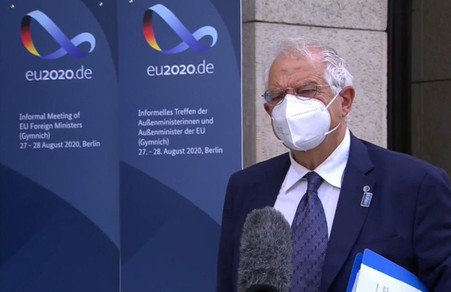
The foreign ministers of 27 EU countries had a meeting in Berlin on August 28, with the Eastern Mediterranean crisis as the main issue on the agenda. In fact, the EU only made warnings in that summit.
High Representative of the European Union (EU) for Foreign Affairs and Security Policy and Vice President of the European Commission Josep Borrell Fontelles warned Turkey against any unilateral actions in the Eastern Mediterranean amid increasing tensions with Greece.
Making a statement about possible sanctions on Turkey, Borrell said that they had agreed on sanctions to be imposed on Turkey.
Josep Borrell also indicated that the sanctions could possibly apply to Turkey's ships and the Union was now listing the names related to the dispute. It was further noted that measures such as freezing of sectoral activities and assets might also be in question.
On the same day, Chancellor Merkel also called on EU countries to support Greece, a EU member state, about this issue. She underlined that all EU countries had an obligation to support Greece.
What does the next summit promise?
Most recently, Minister of Foreign Affairs of France Jean-Yves Le Drian announced that the main issue on the agenda of the EU leaders' summit to be held on September 24-25 would be the escalation of tensions in the Eastern Mediterranean and the possible EU sanctions on Turkey. He warned Turkey of possible EU sanctions over Eastern Mediterranean.
"During the European Council session at the end of this month, the file in question will be the file of Turkey," Drian said and added, "We prepared this Turkish file several days ago with the foreign ministers in Berlin to enumerate the response tools that we can use towards Turkey."
As can be seen from this brief overview, we have been going through one of the key years of this tension which has several different branches such as Cyprus issue, the relations with third countries and, even, refugee issue.
While both sides have been accusing each other of using this tension "to make people forget the problems in domestic politics," none of the countries has been giving a clear answer to calls for dialogue.
The next focal point is now the EU summit in late September... (PT/SD)




.jpg)
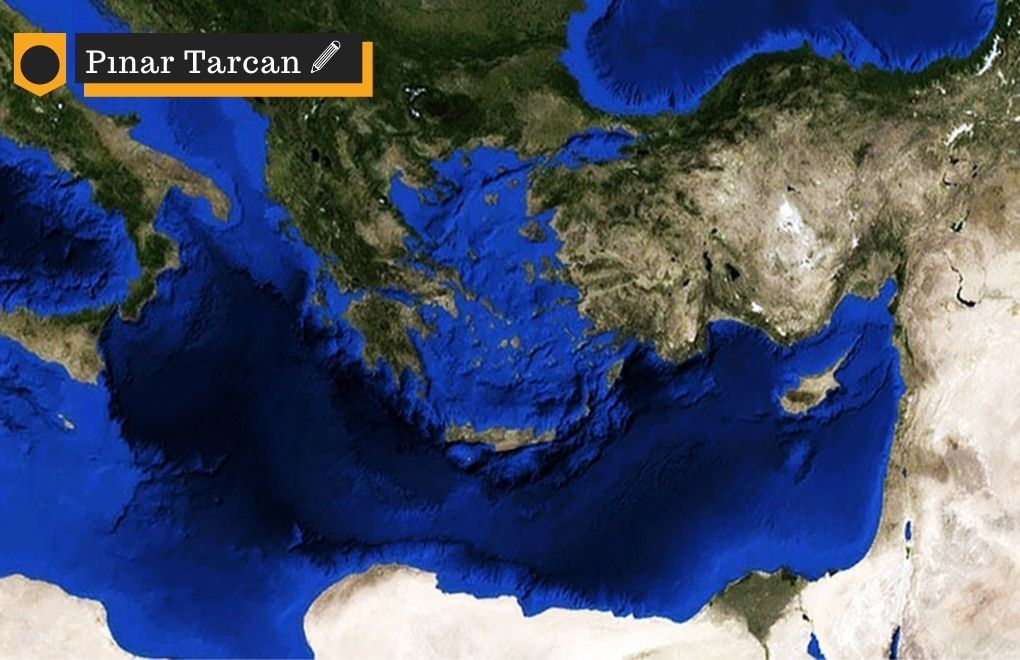
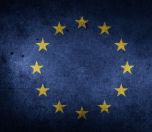
-132.jpg)
-132.jpg)
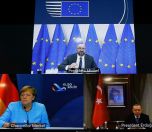

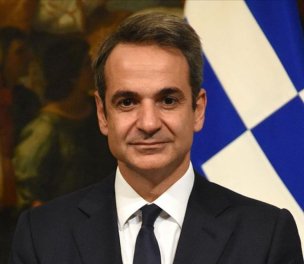






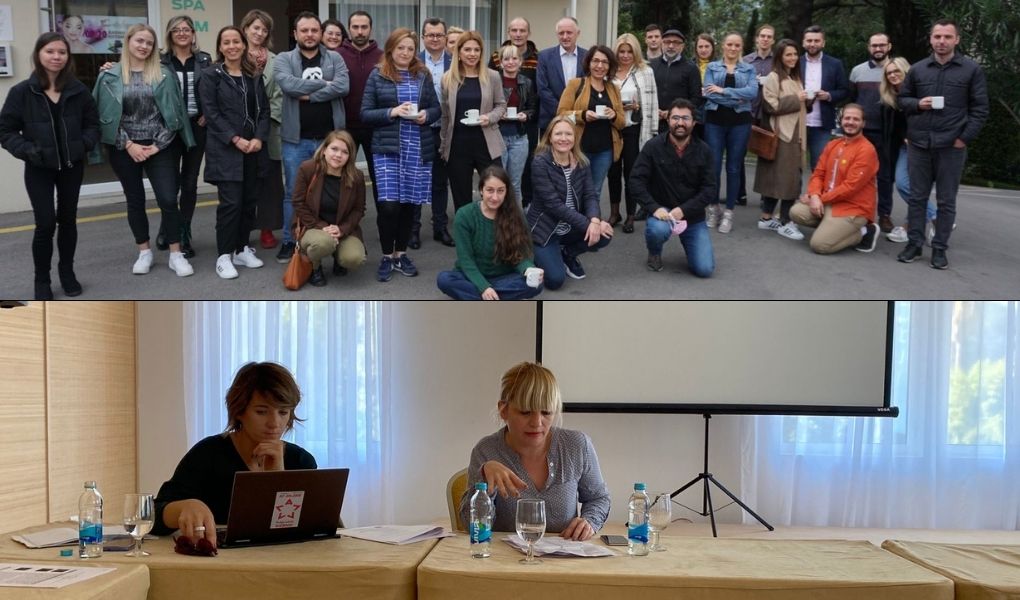
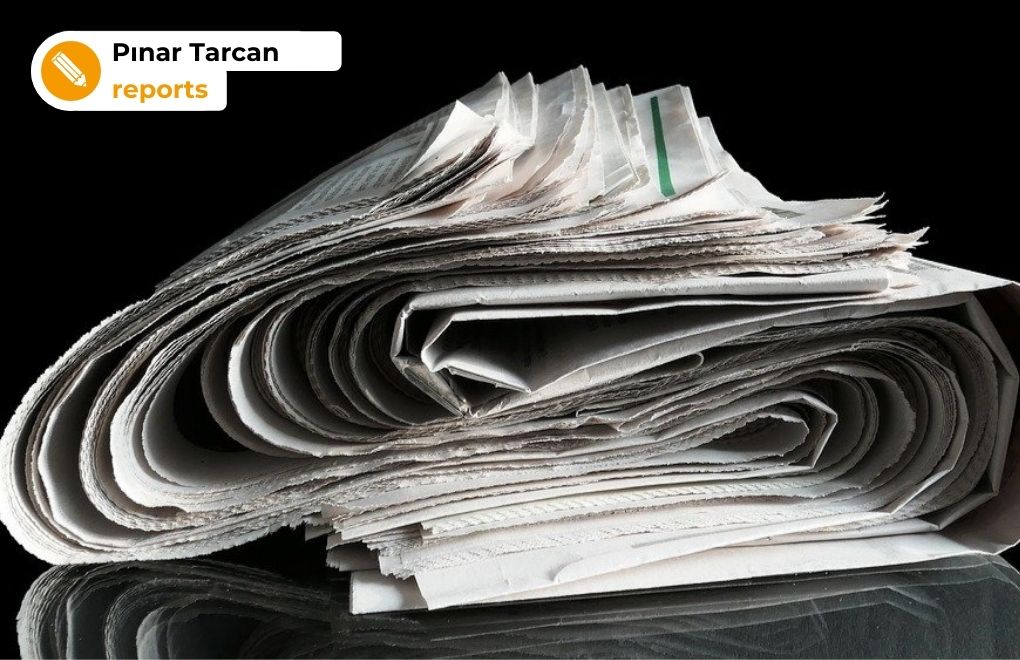
.jpg)